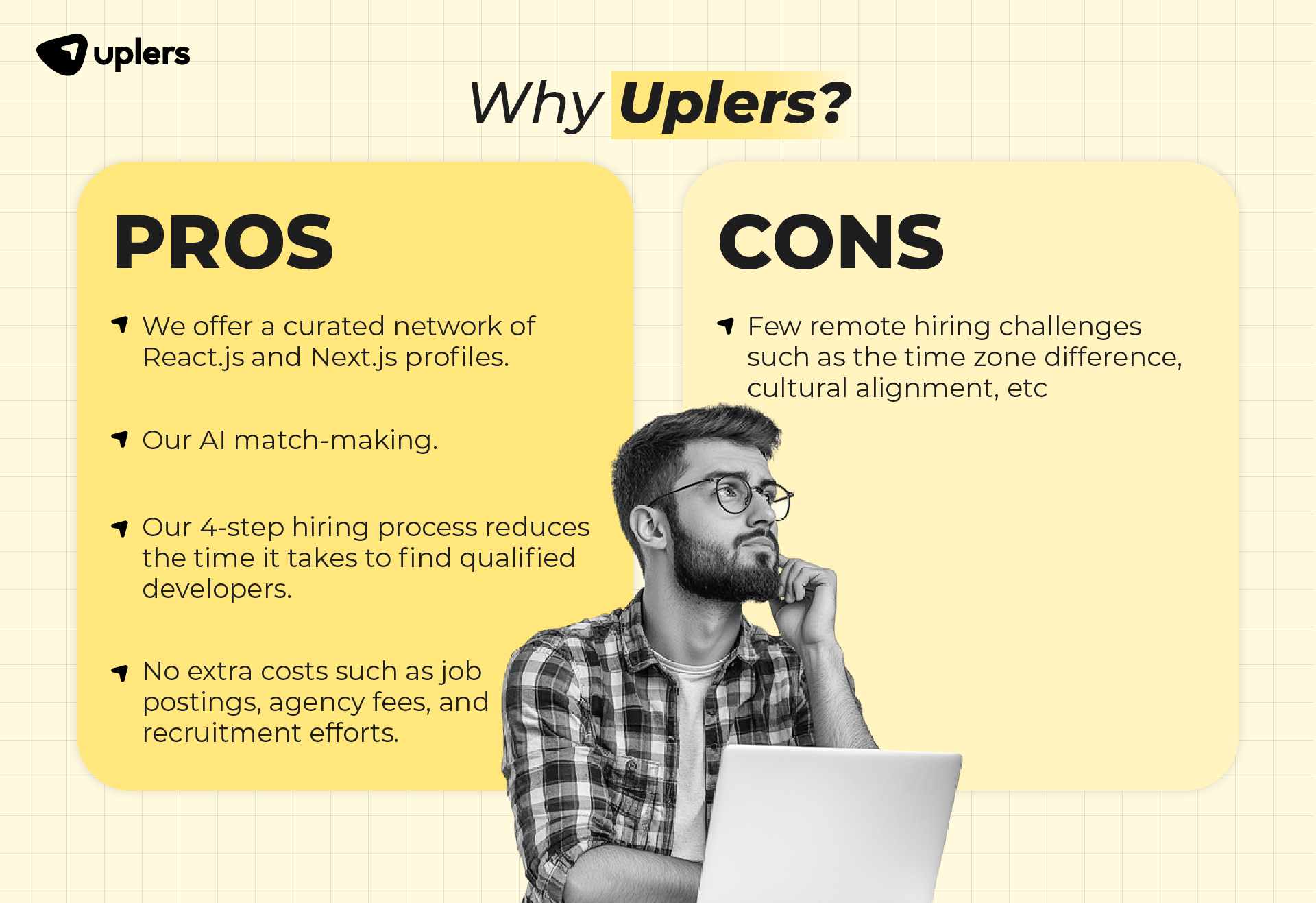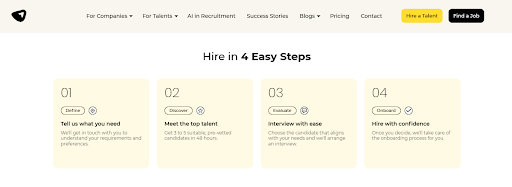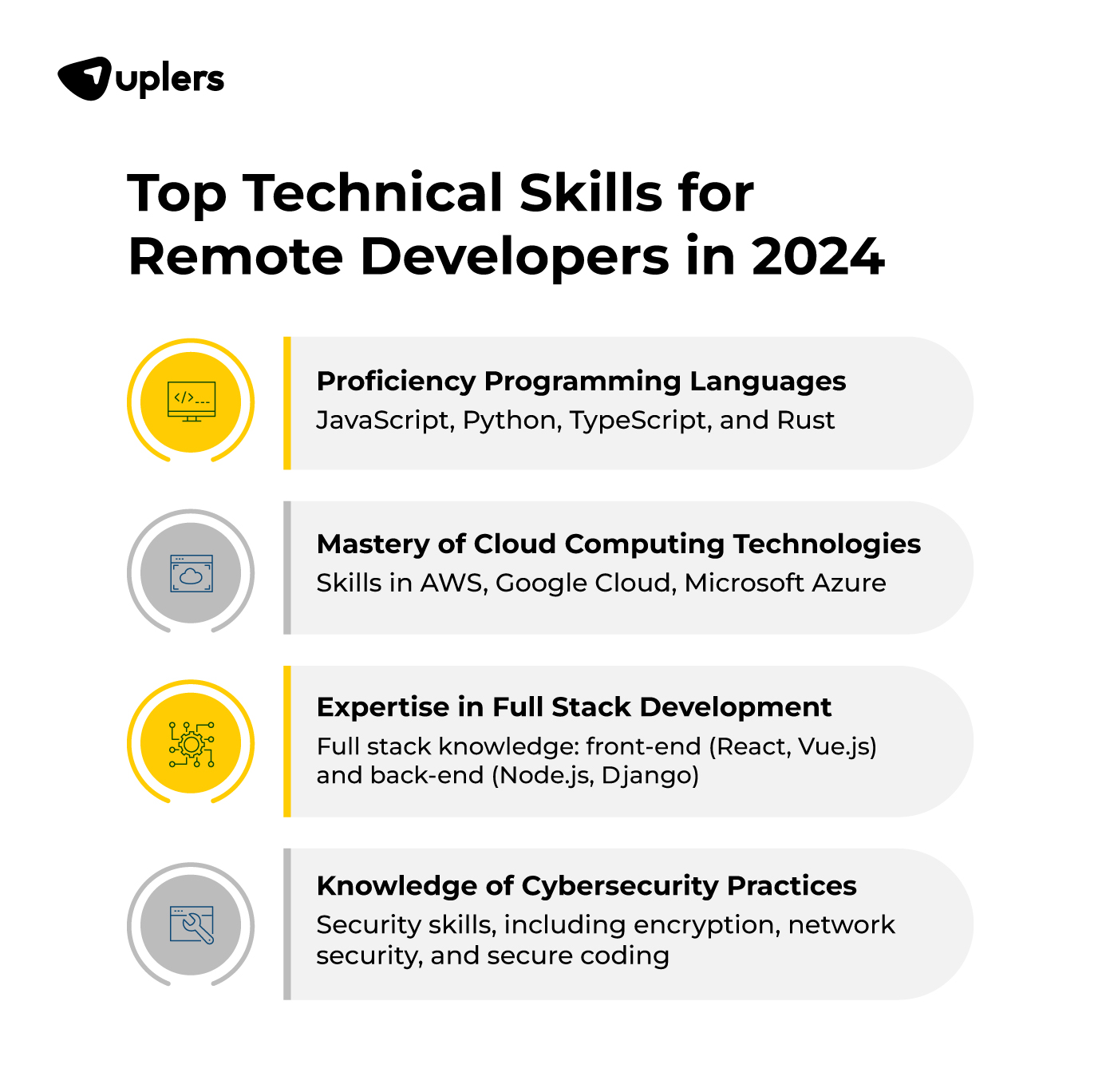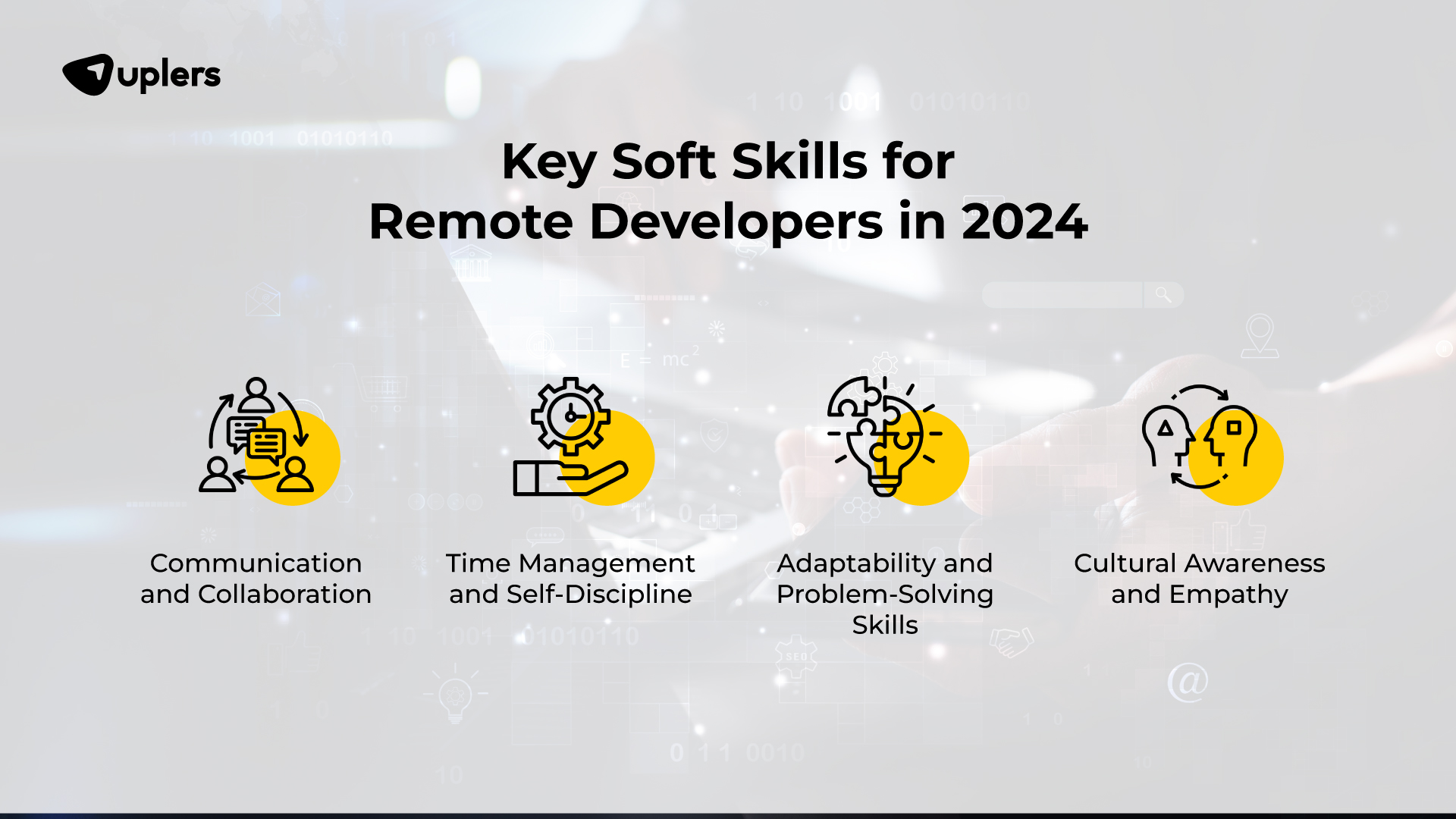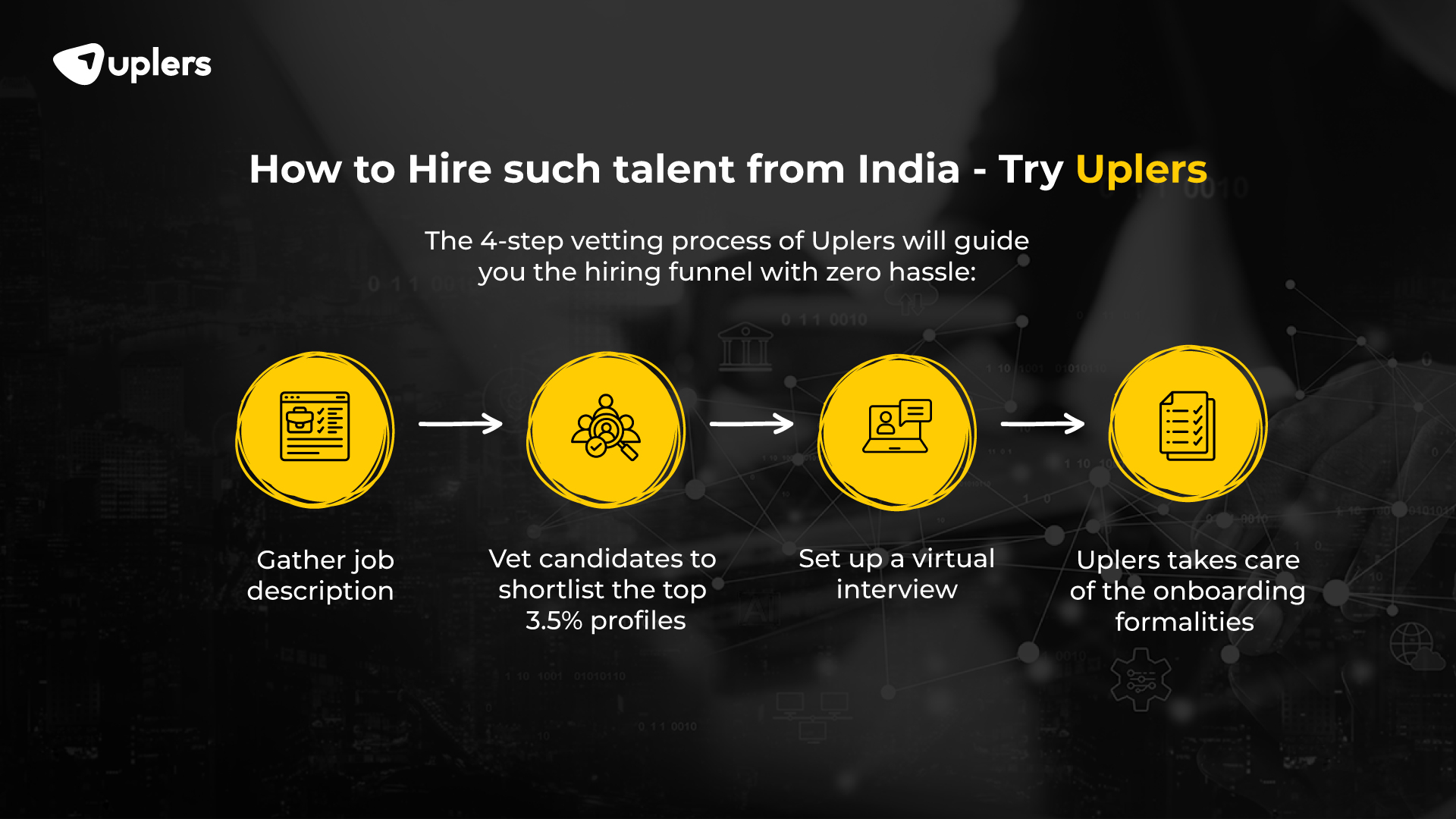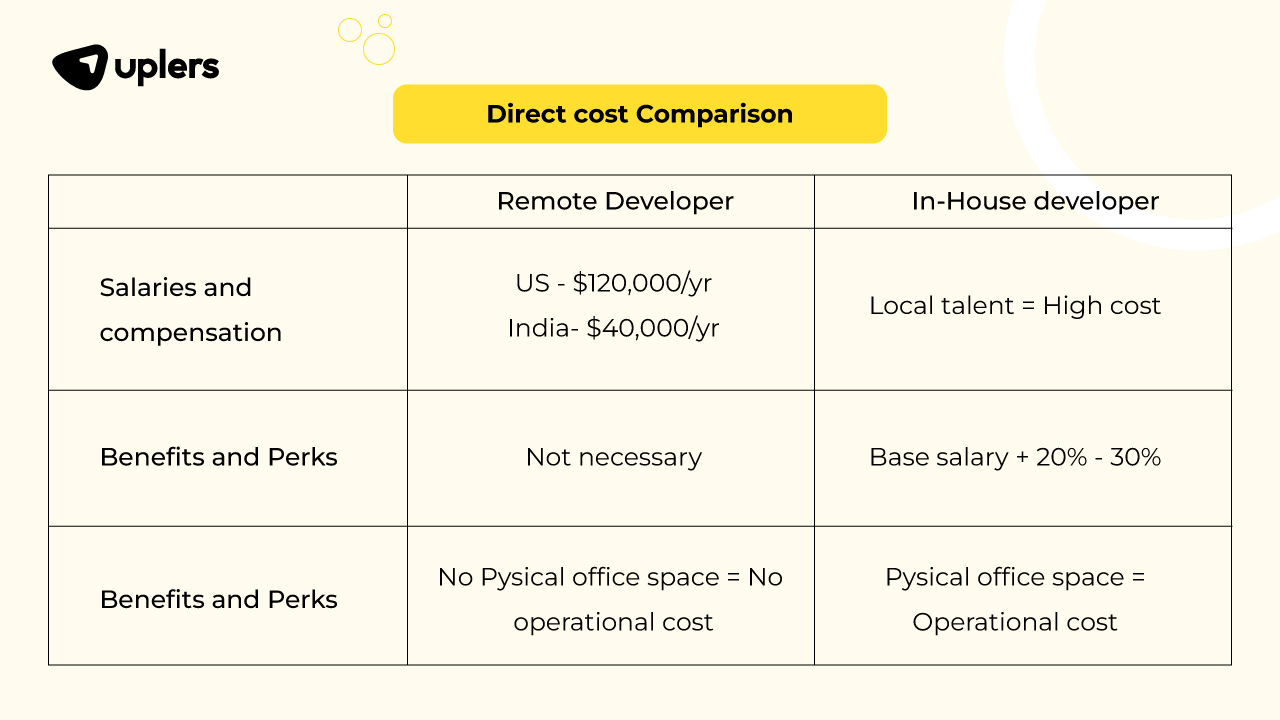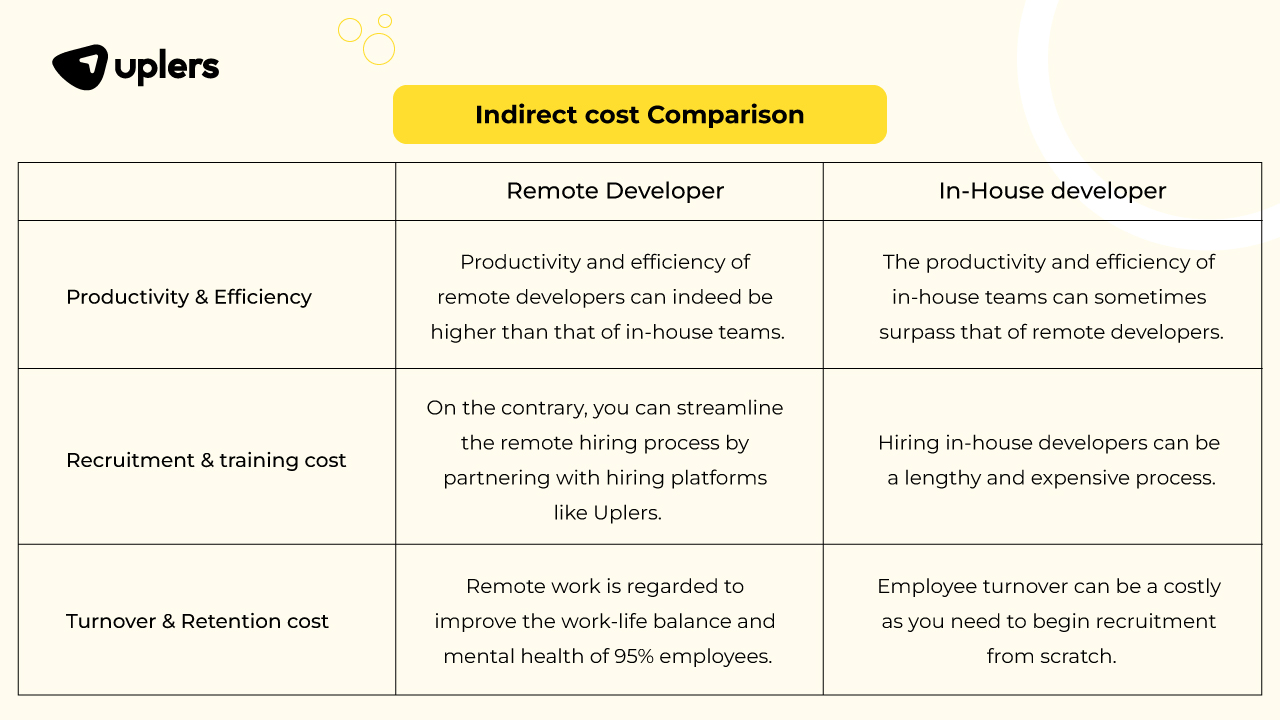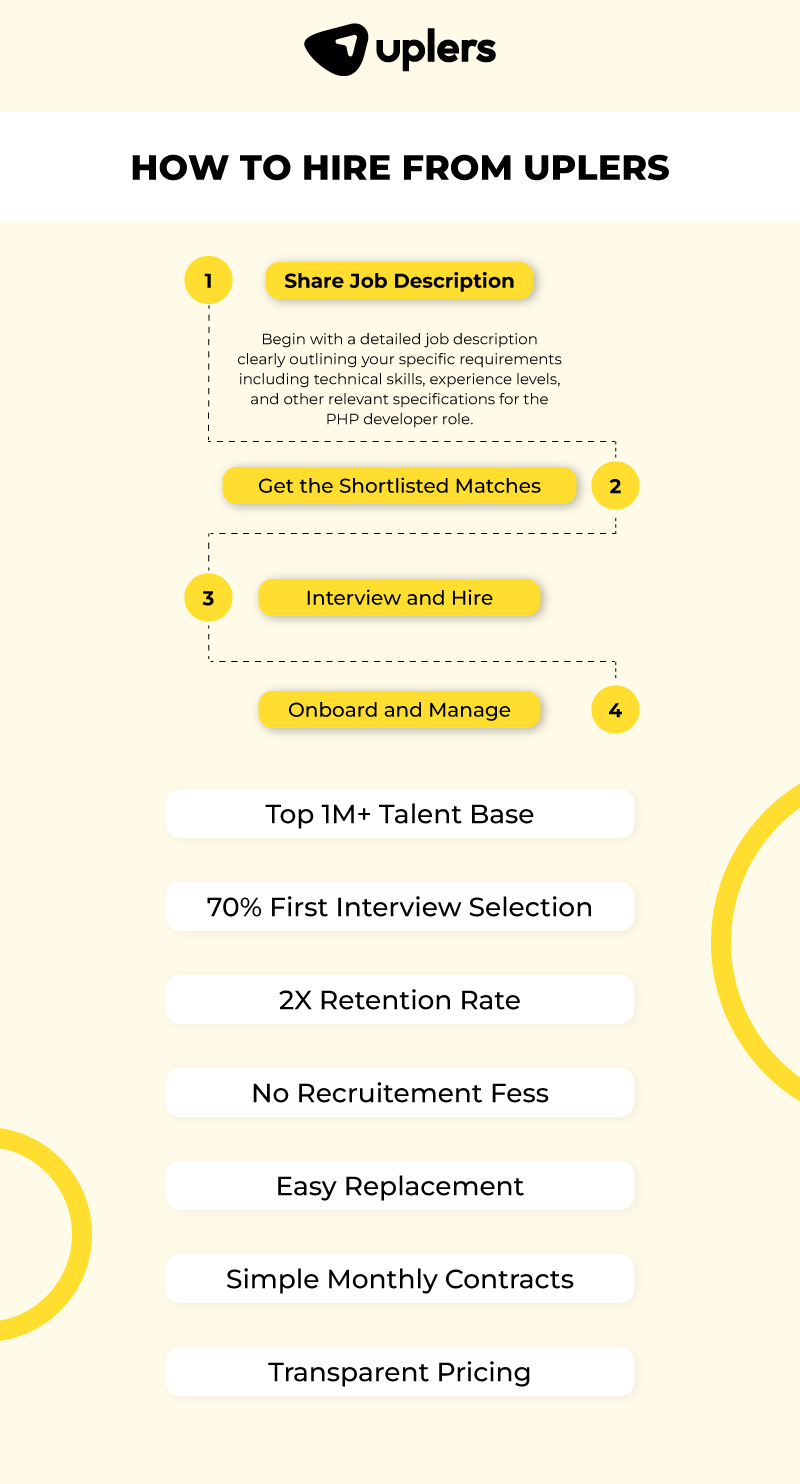For decades India has held a strong position as a global performance marketing hub and the dynamics look no different in 2025. India is home to over 1.2 million professionals and a growing ecosystem of agencies and remote talent. This offers a unique combination of strategic acumen, data-driven execution, and cost- efficiency for startups as well as global product companies.
The Indian advertising market is expected to reach over $21 billion by 2025, with performance marketing acquiring a lion’s share. When you hire PPC experts from India, they are increasingly trained in ROI-driven strategies, platform certifications such as Google Ads, Meta, LinkedIn, and multi-channel funnel optimization.
These specialists are a high value addition to your team if you are aiming to scale demand generation and revenue. However, with so many platform choices to hire from, choosing the right one can have a direct impact on your campaign results, hiring speed, and overall growth strategy.
How to Identify the Right Platform for Hiring ROI-Focused PPC Talent
Hiring a PPC specialist from a global talent hub like India is not simply restricted to availability. It’s more about precision in:
- Having an understanding of the multi-channel performance and attribution.
- Managing budgets at startup speed.
- Specializing in conversion tracking and not just click volume.
You must keep an eye out for platforms that prioritize pre-vetting, campaign maturity, platform specialization, and reporting fluency. These tend to be the indicators of high-performance hires.
Uplers
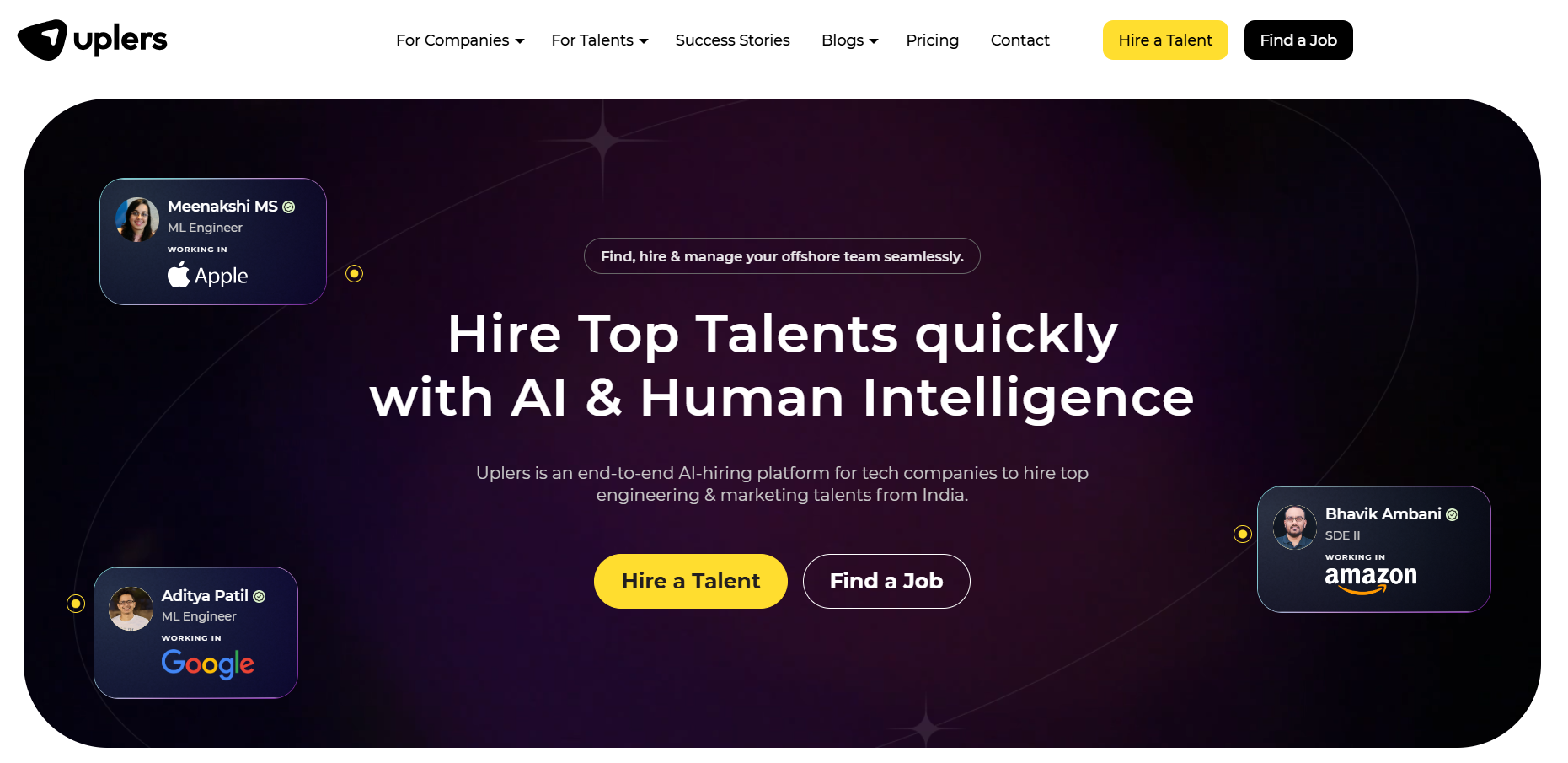
Uplers has established itself as an end-to-end hiring platform that helps global startups connect with top-tier PPC professionals from India. Its 3M+ private talent network includes over 26,650 PPC experts, from which the top 3.5% are shortlisted using a combination of AI and human intelligence.
These experts are thoroughly evaluated for hands-on experience in managing Google Ads, executing remarketing strategies, and optimizing campaign budgets to maximize ROI. Product companies leverage Uplers for its speed, reliability, and quality. With over 1,150 PPC professionals ready to join immediately, you can expect to close an open position without delay.
Uplers also assists in employer branding and onboarding so that your company creates a strong first impression to stand out to skilled candidates. Each PPC expert that is sent to your inbox is experienced in:
- PPC platforms like Google Ads, Microsoft Ads, Meta Ads Manager, LinkedIn Ads, Twitter Ads.
- Structuring and launching a full-funnel PPC campaign.
- Optimizing Cost per Click (CPC), Cost per Acquisition (CPA), and Return on Ad Spend (ROAS) across campaigns.
To make an informed hiring decision you can check out the profiles of PPC experts.
Toptal
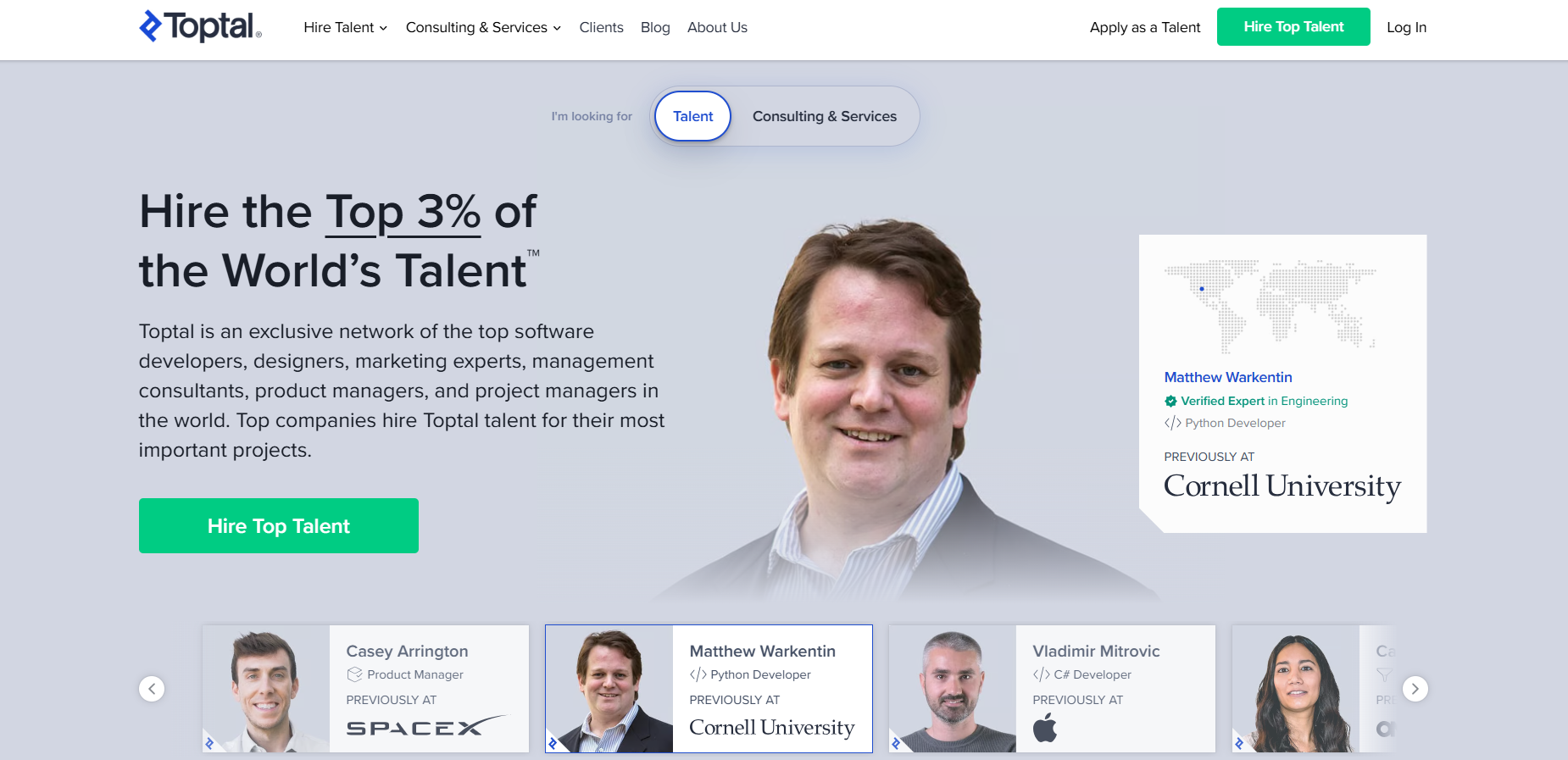
Toptal has built its brand based on its globally distributed network of elite freelancers, and PPC talent is no exception. While the platform is best regarded for tech roles, its digital marketing has also diversified significantly, offering access to senior-level PPC consultants and performance strategists.
Before a candidate is matched with a client, Toptal follows a 5-step screening process that includes strategy interviews, platform certifications verification, and testing project evaluations. This platform can deliver high-end expertise if you are managing large budgets or scaling into new ad platforms such as YouTube Ads, Programmatic, etc. The cost might seem higher, but for mission-critical performance marketing roles, it offers depth and consistency.
To make an informed hiring decision you can check out the Toptal network of PPC experts.
Arc.dev
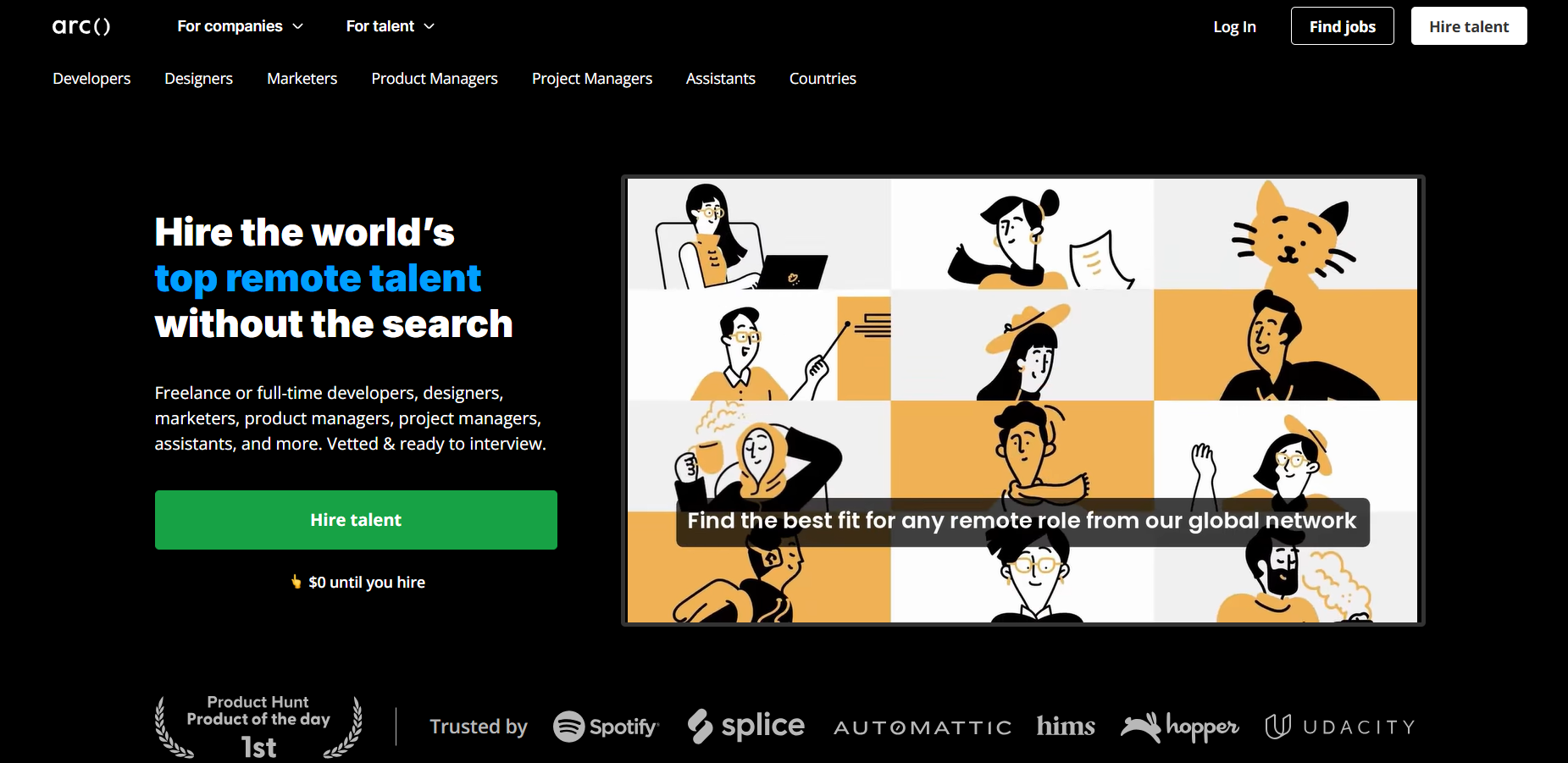
Arc.dev is one of those platforms that focuses on connecting remote-ready developers and marketers with global hiring managers. If you want to hire PPC experts who can not only run ads but also handle data-layer implementation and analytics integration, Arc can be worth exploring.
This platform utilizes AI-based shortlisting along with remote ready scoring and time zone alignment. The talent network is smaller than Uplers, but it’s an ideal pick for tech-driven companies with a lean growth team. Leverage this platform when you are hiring full-time remote team members that can closely collaborate with engineering and design teams.
To make an informed hiring decision you can check out the Arc.dev network of PPC experts.
Upwork

Upwork is regarded as one of the most accessible platforms to hire freelancers, including a massive pool of India-based PPC experts. If your project is short-term, budget-sensitive, or needs flexible hours, this platform can give you the range and scale needed.
From auditing small ad accounts to building full-funnel campaigns, this platform allows the hiring managers to:
- access verified certifications.
- utilize time-tracking and milestone-based contracts.
- browse portfolios and campaign case studies.
But, if you are hiring via Upwork you need to be prepared to do the legwork of vetting, managing contracts, and handling moonlighting risks.
To make an informed hiring decision you can check out the Upwork network of PPC experts.
ValueCoders

ValueCoders platform consists of 675+ full-time PPC experts starting at $8/hour. These certified PPC experts are shortlisted via a 4-step process to streamline your search for the right expert:
- Initial consultation
- Requirement definition
- Expert matching
- Onboarding
The PPC specialists are experienced to work across platforms such as Google Ads, Bing, LinkedIn, and Amazon Ads. There’s also monthly pricing, competitor analysis, and budget pricing dashboards available for companies with a predictable monthly spend.
To make an informed hiring decision you can check out the ValueCoders network of PPC experts.
Final Thoughts: Matching Platform Strengths to Your Growth Strategy
While the demand to hire PPC experts in 2025 intensifies, it’s time that you choose the best platform wisely depending on your team structure, budget, and growth goals. Here is the synopsis of the top 5 platforms discussed in this blog to help you better choose:
Platform | Best Suited for |
| Uplers | Early to growth-stage startups |
| Toptal | Enterprise-level PPC strategy |
| Arc.dev | Projects that need remote-ready PPC experts |
| Upwork | Flexible, short-term, or hourly PPC projects |
| ValueCoders | Agency-style PPC execution at scale |
Choose the platform after thorough analysis, because in performance marketing the talent you hire today has a direct impact on your future ROI.


